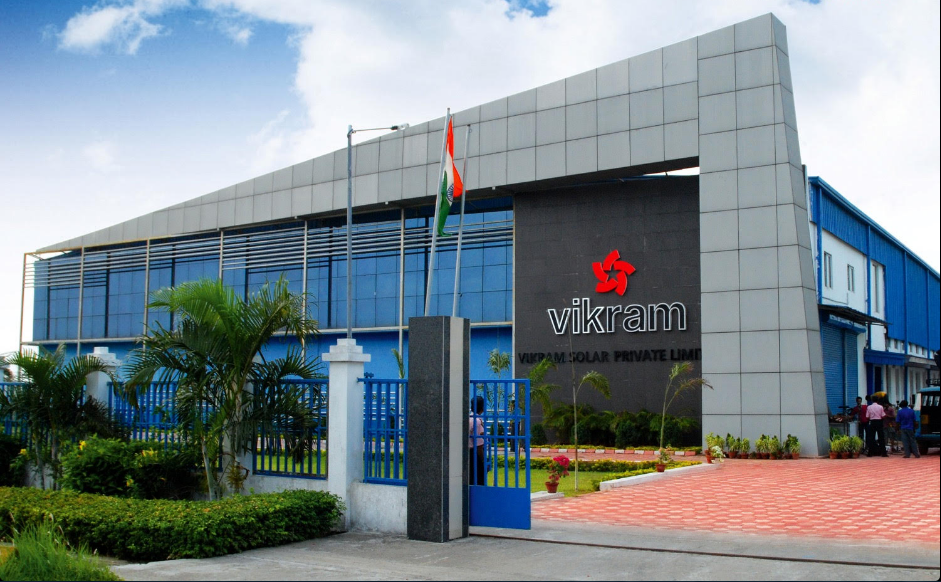Vikram Solar, a Kolkata-based module manufacturer and EPC contractor, has announced it has again been ranked as ‘Top Performer’ module manufacturer by PV Evolution Labs (PVEL)—an independent solar test lab previously operated by DNV GL.
The company has claimed this coveted position within the Product Qualification Program (PQP) List three times in the last four years and for the second consecutive year.
“Selection of top performers involves rigorous testing processes. Top performers have less than 2% module degradation following each reliability test sequence. Top performers for PAN performance are also in the top quartile of energy yield in PVsyst [modelling software] simulations”—read a company statement.
Earlier in 2019, Vikram Solar had received higher than average scores in PV module testing and claimed a position in PV Module Reliability Scorecard Report 2019.
This time, the company submitted SOMERA monocrystalline silicon and ELDORA polycrystalline silicon PV modules for accelerated stress testing in a controlled laboratory environment. State-of-the-art module characterization techniques were employed to retrieve results. The results met and exceeded international quality and performance benchmarks.
Speaking about the results, Saibaba Vutukuri, chief executive officer, Vikram Solar said, “The PQP test is a comprehensive evaluation of environmental sensitivities and degradation mechanisms of PV module designs and our modules went through tests like damp heat test, potential-induced degradation (PID) test and mechanical load test, securing high scores and proving bankability of our products.”
This content is protected by copyright and may not be reused. If you want to cooperate with us and would like to reuse some of our content, please contact: editors@pv-magazine.com.









Good acchivment for us.
I want 3phase 5kw solarpower invertor,mono poly solar panels on grid other installation kit price&seperate price of 3p 5kw hybrid invertor if available
Remarkable achievements . Keep lt up . ” Make in India “
Please send me your email address.
My email address is dgs512003@yahoo.co.in
Thanks
Great… Congratulations!!!
I want to install 2.5 kw solar system at 2 places side by side. With Net metering and all.
Please send me your email address.
Congratulations
I want 3phase 5kiliwatt solar power invertor to install my residence 78 ,bank cololony Alwar(Raj.)
Please send me your email address